The 1970s were a time of transition. The railroads and meatpacking industries that drew the first waves of Mexican Americans to Wichita were changing. New packing houses in southwestern Kansas meant that places like Cudahy and Dold scaled back or closed altogether. The stores and institutions that supported the North End’s working families closed as well. Meanwhile, a new wave of immigrants from Mexico and Latin America challenged older Hispanic families.
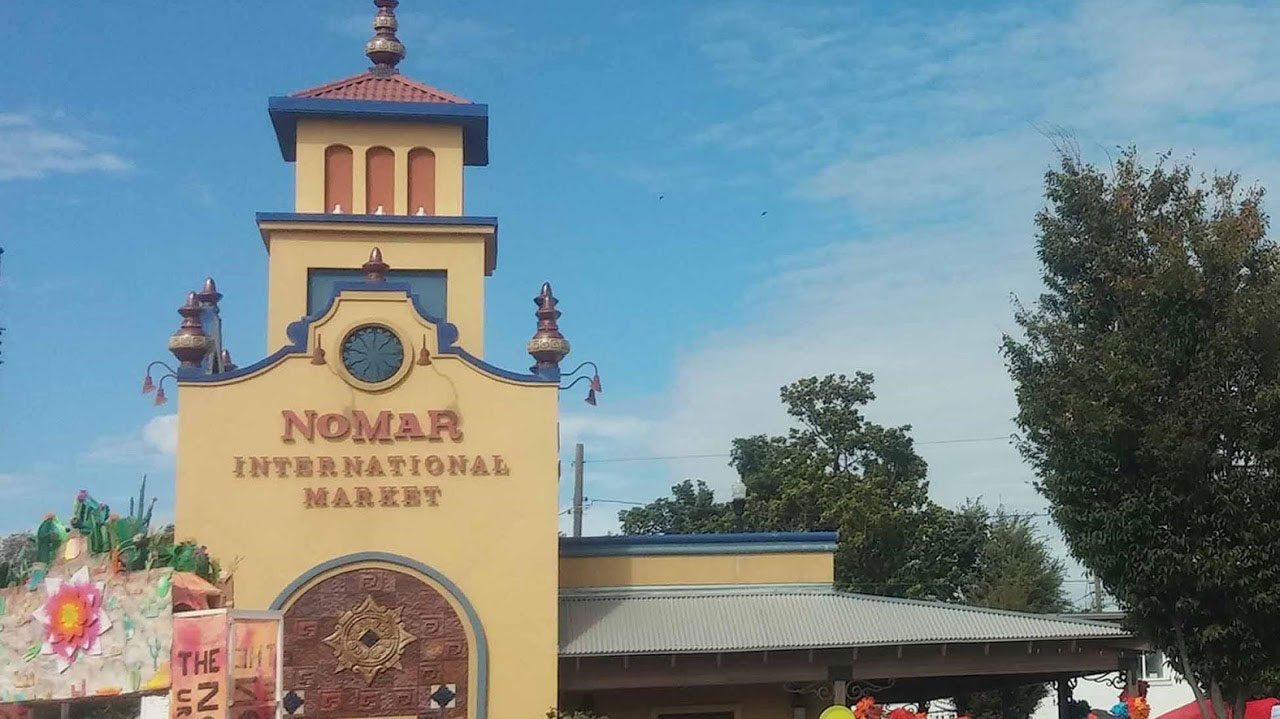
The design of the Nomar International Market was intended to reflect Latin American motifs and celebrate the ethnic diversity of Wichita's North End. Ironically, when the first generations of Latinos lived in the neighborhood from the 1920s through the 1980s, the buildings reflected traditional Anglo-American designs found across the Midwest. Courtesy Somos de Wichita Project
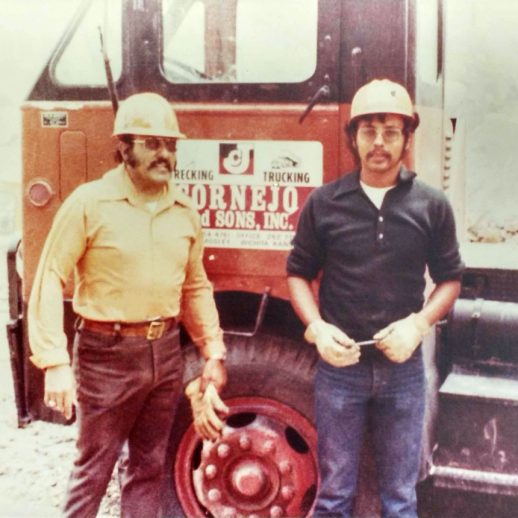
The son of immigrants, Jess Cornejo started a trucking and excavating company in 1952. By the 1970s and 1980s, the company became Cornejo & Sons with the Jess’s five sons helping run and expand the business into construction, demolition, waste hauling, and asphalt. Here, Jess and son Ron appear in front of one of the company trucks.
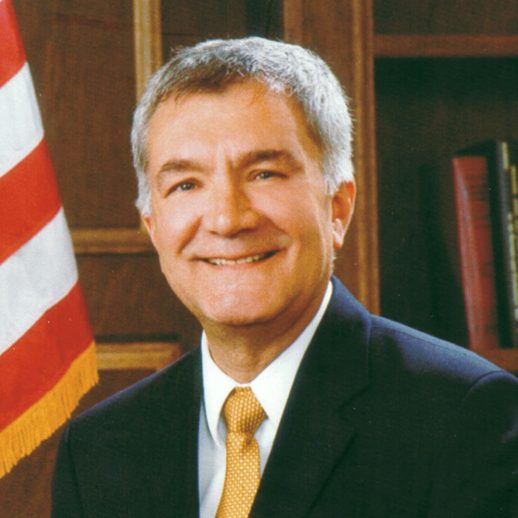
Born in Cuba, Carlos Mayans came to the United States after the Cuban revolution. He served in the Kansas state house before being elected mayor of Wichita in 2003.
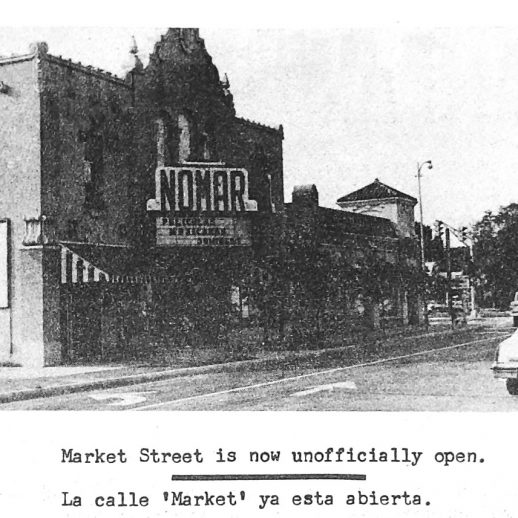
Opening in 1929, the Nomar Theater was a social hub for Wichita’s North End. Early on, Latinos were expected to sit in the balcony as was the expectation for other people of color at the time. By the 1960s, however, their children could sit anywhere in theater and remembered it fondly as a childhood experience. As new immigrants from Mexico moved in, it became known for showing Spanish language movies.
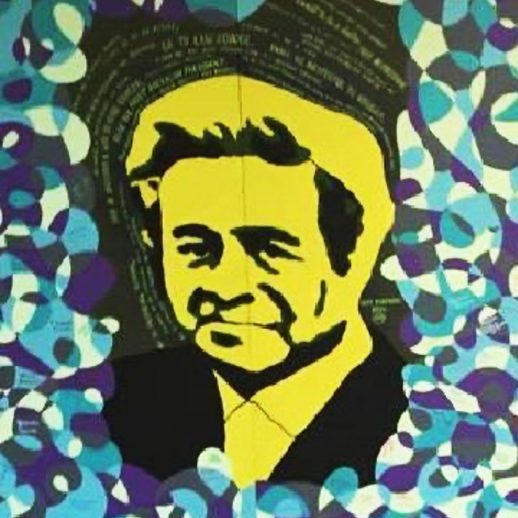
Martin Ortiz (1919-2009), founder of the Whittier College (CA) Center of Mexican American Affairs, was an educator who inspired students by his words and deeds for generations. Ortiz was born in Wichita. His parents migrated to the United States and settled in Wichita soon after the end of the Mexican Revolution. Ortiz loved going to school, even though at the time he knew little English. He dropped out of school at age 13 after being ridiculed by one of his teachers. That experience taught him, “Don’t cry – qualify,” which became a slogan he would use with his students decades later.